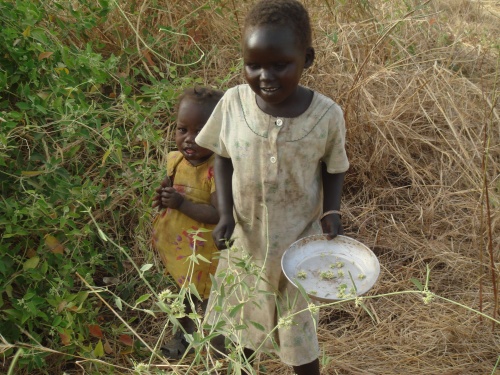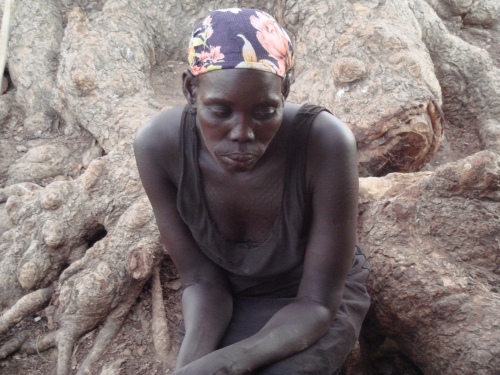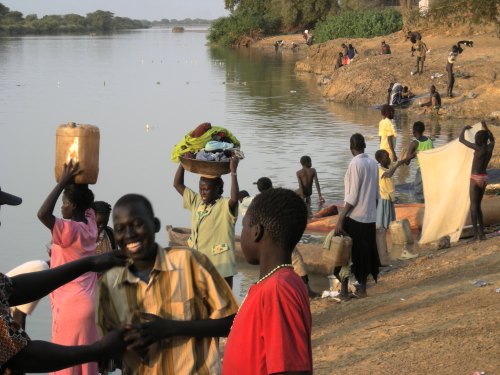KHARTOUM/JUBA, Oct 14 (Reuters) – Clashes this year in Sudan‘s south have killed more people than in Darfur to the west. What has caused the spike in violence?
WHY ARE PEOPLE FIGHTING?
North and south Sudan signed a peace deal in 2005 ending a civil war that had raged on and off since 1955 over religion, ethnicity, ideology and oil.
That war was separate from Darfur’s uprising, which began in 2003.
This year the United Nations estimates at least 1,200 people have died in tit-for-tat raids in the south, with tribes burning villages, stealing cattle and killing women and children. The violence has raised fears that parts of the south may not be able to participate in elections, set for April 2010.
Many of the deaths in the north-south war were southerners killing southerners as Khartoum-supported militia fought the main southern rebel group, the Sudan People’s Liberation Army/Movement (SPLA/M), which now leads a semi-autonomous southern government.
Critics say this administration has not done enough to reconcile warring tribes or disarm civilians who acquired weapons during the war.
WHAT IS HAPPENING NOW?
Tribes have long clashed over cattle but the intensity of this year’s violence has shocked observers.
South Sudan President Salva Kiir says his former northern foes are arming tribes to destabilise the region ahead of next year’s elections and a 2011 referendum on secession given to southerners under the peace deal.
Many of Sudan’s biggest oil fields are in the south and this year’s violence has affected Jonglei state where French oil giant Total (TOTF.PA) is licensed to explore.
But some in the south say the answer is closer to home and blame rival politicians looking for support ahead of Sudan‘s first democratic elections in 24 years.
WHAT IS BEING DONE?
South Sudan has made several attempts to disarm civilians but with little success. Poor handling of disarmament of warring tribes has caused more violence, but many southerners feel disarmament is still the solution to insecurity.
Analysts say it will only succeed if rural communities are protected by police or soldiers and borders are patrolled to stop the flow of weapons. A U.N. peacekeeping force in the south is supporting reconciliation efforts between the tribes.
Martin Agwai, the outgoing head of Darfur’s joint U.N.-African Union peacekeeping force, said the region was no longer in a state of war.
This was six years after mostly non-Arab rebels took up arms sparking a brutal counter-insurgency campaign that resulted in what the United Nations called the world’s worst humanitarian crisis.
Rebels from Sudan‘s south and western Darfur regions share similar complaints of neglect by central government and demand more of a share in development, power and wealth. But Darfur rebels felt the north-south deal excluded them.
IS THE WAR OVER?
Many analysts agree that large-scale fighting has ended in Darfur, a conflict described at its height by Washington as genocide, a term Khartoum rejects.
But divisions among the rebels, disaffection among militias with the government that mobilised them, and banditry in a region awash with arms have led to a collapse in law and order.
Gunmen regularly attack aid groups, peacekeepers, civilians and even police, while the perpetrators are rarely apprehended. This year has witnessed the new phenomenon of young men kidnapping staff working for international organisations and demanding ransoms.
Sporadic clashes between the government and rebels continue, usually as the sides jockey for territory ahead of peace talks.
WHAT ABOUT A PEACE PROCESS?
Analysts say the world’s largest U.N.-funded peacekeeping mission, known as UNAMID, will be unable to stop attacks without a comprehensive peace deal which addresses the concerns of rebels, militias and civilians.
Almost two years on, UNAMID is still not at full strength because of logistical problems and obstacles from Khartoum. Donor nations have failed to provide the equipment it needs, such as helicopters.
The international community has been unable to unify the rebels behind a single peace process. Talks are set to resume in Qatar between the government and the most militarily powerful rebel group, the Justice and Equality Movement (JEM). (Reporting by Skye Wheeler and Opheera McDoom)
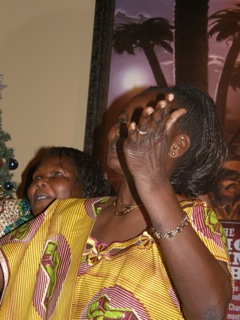
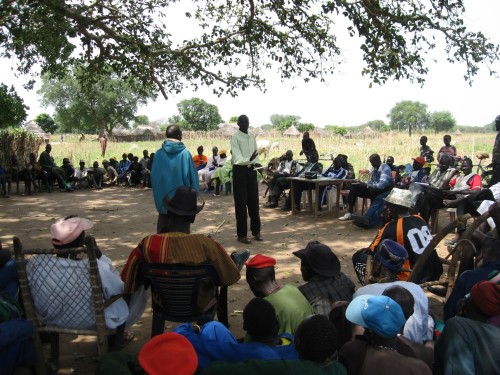
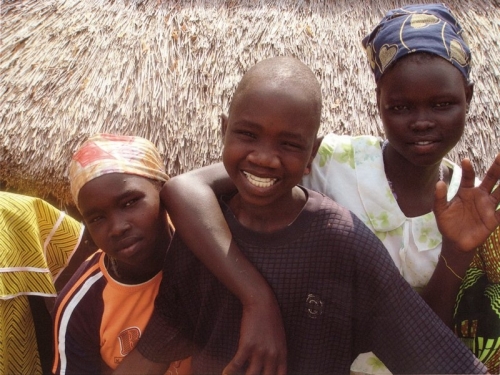 Thanks you for your past support of Southern Sudan Humanitarian. We would like to update you on the progress we have made in the past two years with your support. We would also like to share with you our future plans to help the people of Southern Sudan.
Thanks you for your past support of Southern Sudan Humanitarian. We would like to update you on the progress we have made in the past two years with your support. We would also like to share with you our future plans to help the people of Southern Sudan. 